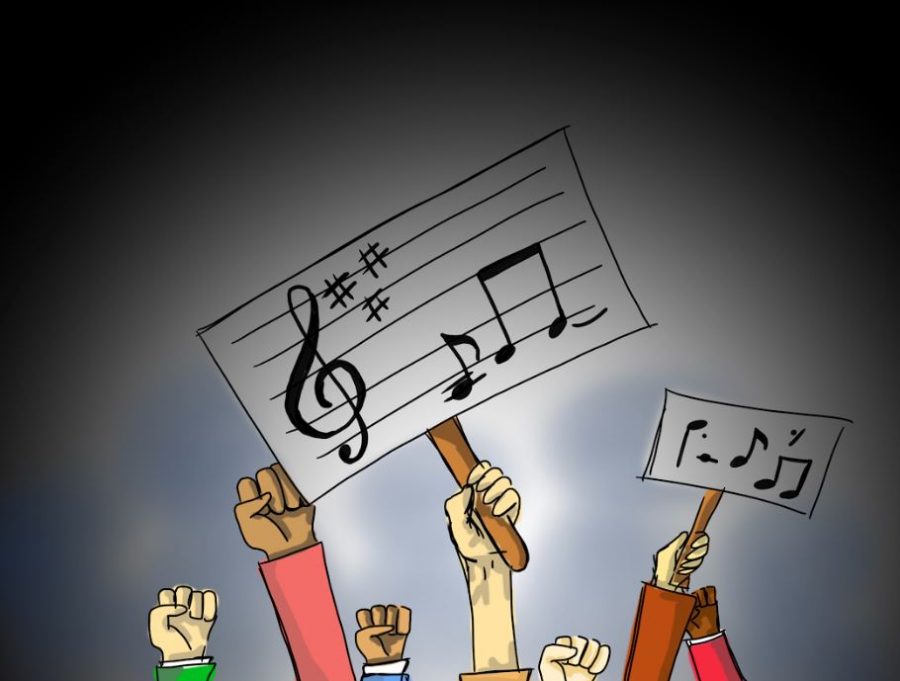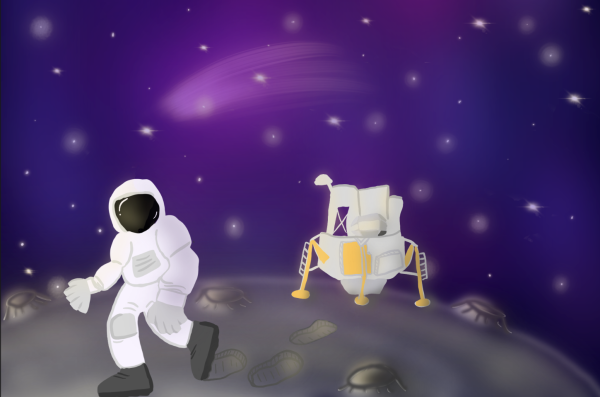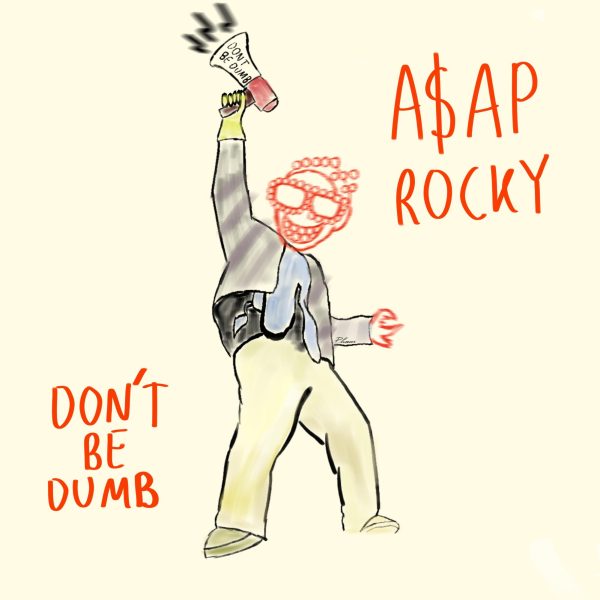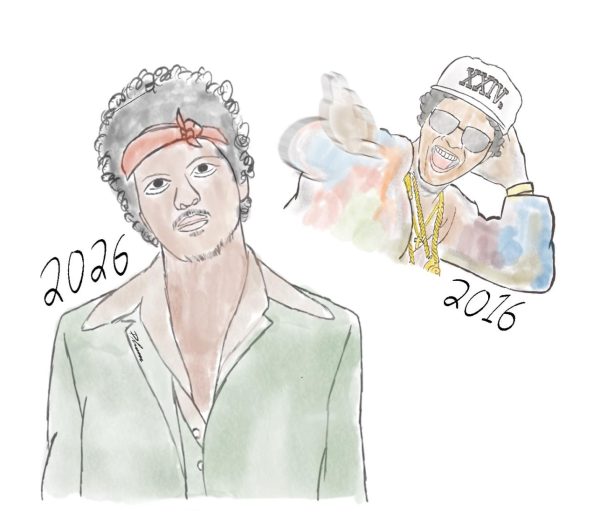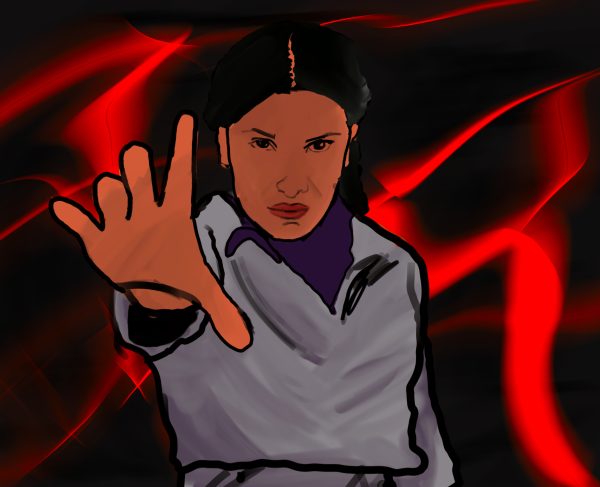Legacy of art activism lives on
Political music Bob Dylan to Lin-Manuel Miranda
“There has never been a successful social movement in this country that has not had a great soundtrack,” said Rage Against the Machine guitarist Tom Morello. People often correlate an activist movement with marches, rallies, signs or even satirical comedy, however music almost always plays a key role in any fight for change. When faced with a moral, worldly dilemma, politicians deliver addresses, clergymen preach and musicians make music.
Many people found themselves working undesirable, backbreaking and dangerous jobs in the factories taking over the industrial epoch of America in the early 20th century. These overworked, poor citizens wanted change, and so did songwriter Joe Hill. With songs such as “The Preacher and the Slave,” “There is Power in a Union” and “The Tramp,” Hill unified the underclass and called them to take a stand.
The 1960’s and 70’s were also a time of turmoil in our country. America’s participation in the Vietnam War caused the rise of counterculture and protests. The anti-war movement gained momentum with the help of psychedelic rock music that began to replace rock and roll artists such as Elvis Presley.
Bob Dylan is often credited with reviving folk music, and this relatively unpopular genre gained popularity when he debuted oppositional pieces such as “Blowin’ in the Wind” and “Masters of War” in 1962. Notably, folk and rhythm and blues became increasingly present among musicians of the Civil Rights Movement. Just as his musical style differed so greatly from what was popular to the Republican majority, so did Dylan’s opinions. His venomous and critical notions expressed in his music redefined patriotism. In his song “With God on Our Side,” he voiced his disgust with the idea of God taking sides in a war. Though he never specifically condemned the Vietnam War by name, his music inspired hundreds of thousands to take a stand against it and fight for the return of American troops.
Dylan’s work influenced other musicians to articulate their own political opinions in their music. Soon, anti-war numbers were making their way to popular radio stations and selling extremely well. Most notable was the outdoor concert at Woodstock in August of 1969, particularly Jimi Hendrix’s version of “The Star-Spangled Banner.” Four-hundred thousand people witnessed this quintessential protest/music performance of the decade live and millions more would become familiar with it after the release of the film “Woodstock” in 1970. Hendrix bluntly satirized the glorified anthem by strumming his guitar to mimic the screams of fallen soldiers. Clearly, he felt it his duty to convey the imperfections of America to those ignorant of its fallibility.
Today, Americans again find themselves divided by controversy and hate. Musicians have responded the only way they know how, and public radio is again infused with strong messages, condemnations and promotions. Causes such as the Black Lives Matter movement have inspired many popular songwriters to fight for justice through song. Beyoncé’s “Freedom” embodies the empowerment of African Americans, specifically women. The video accompanying this song features the mothers of Trayvon Martin, Eric Garner and Michael Brown holding framed pictures of their sons, whose deaths sparked the movement. Dozens of other famous artists, such as Kendrick Lamar, Jay-Z and John Legend have continued this trend by spreading their own anti-racism messages to their millions of listeners.
Recently, the United States territory of Puerto Rico suffered traumatic devastation after Hurricane Maria. When writer and star of Broadway’s “Hamilton” Lin-Manuel Miranda found the response of the United States government unsatisfactory, he decided to take action through music. Released on October 8 and featuring Puerto Rican musicians Jennifer Lopez, Rita Moreno and Marc Anthony, “Almost Like Praying” will benefit Hispanic Federation UNIDOS Disaster Relief Fund. This unique form of activism encourages when the omission of authoritative institutions fail to do so.
Though these musicians tend to support politicians such as Hillary Clinton and Barack Obama, humanitarian activism is not strictly democratic. Overall, the goal of these artists is equality and serenity. Everyone tries to make the world a better place, and a large responsibility of achieving this falls on popular musicians.
Your donation will support the student journalists of Saint Viator High School. Your contribution will allow us to purchase equipment and cover our annual website hosting costs.



